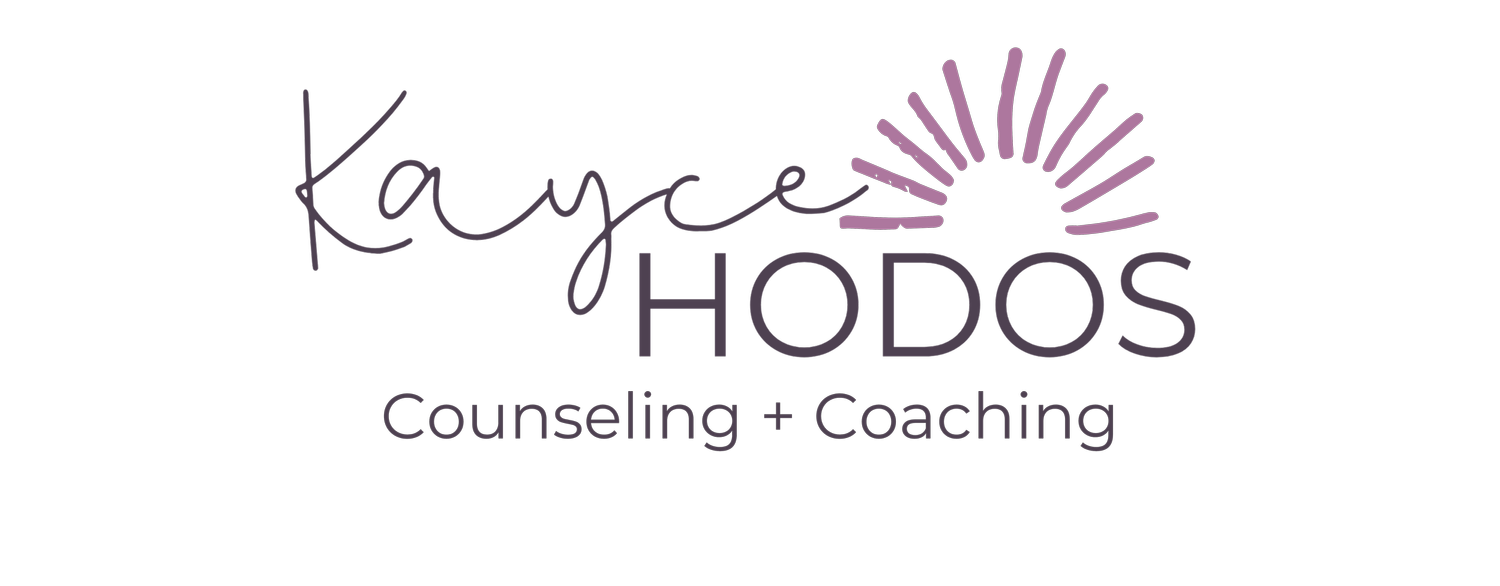The #1 Complication of Childbirth May Surprise You
Even after experiencing postpartum anxiety myself, I was shocked to learn that Perinatal Mood and Anxiety Disorders (PMADs) are the #1 complication of childbirth. PMADs is an umbrella term used to refer to postpartum depression, postpartum anxiety, pregnancy/postpartum OCD, PTSD, insomnia, postpartum psychosis, and postpartum bipolar.
Of all the things you’ve worried about your entire pregnancy, you may not have considered that the risk of a mental health condition was much higher than the risk of any of the other terrible outcomes you’d played out in your head.
The Most Important Baby Prep Info No One Talks About
Pregnancy and motherhood can be terrifying, and there's actually plenty to fear because there are very real risks.
BUT you don't have to allow these fears to consume you. You can learn to manage the anxiety and tolerate the distress that arises when you find yourself worrying about the unknown.
Parenthood is full of adventures in weighing risk vs. benefits, and that, my friend, is something worth preparing for.
Can You Really Prepare for Parenthood?
Can you really prepare for parenthood? Yes and no. You certainly can’t prepare for everything, but you can prepare your coping toolbox for dealing with all the inevitable surprises.
